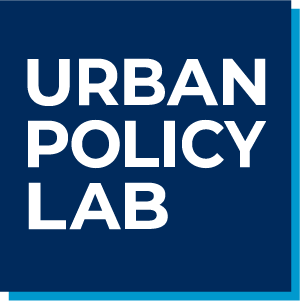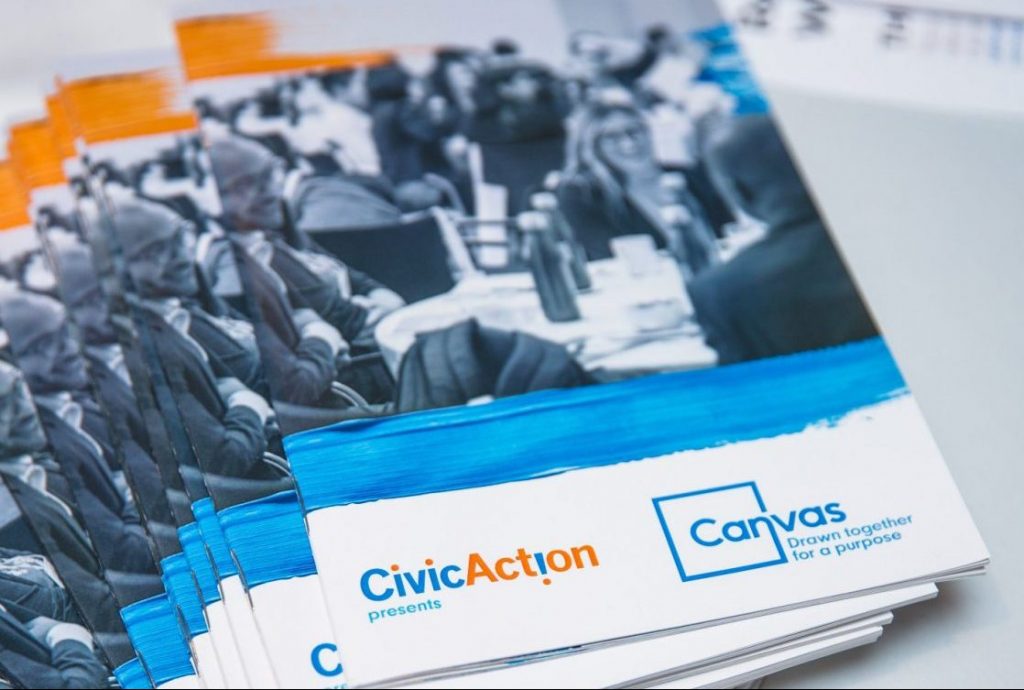
On April 29, CivicAction held their quadrennial city summit, Canvas, which brought together nearly 1,200 civic leaders from all sectors to discuss solutions to pressing urban challenges in the Greater Toronto and Hamilton region. The UPL was an official event partner. Incoming 2019-20 UPL graduate fellow Jolene Funk attended the event and shares her reflections on the day’s conversations.
Every four years, CivicAction holds a summit to design their work plan and build partnerships to address regional issues.
This year, the Canvas summit, held at the Art Gallery of Ontario, tackled five pressing urban policy challenges facing the Toronto region: preparing for extreme weather, tackling affordable housing, preventing sex trafficking, getting ready for the future of work, and unlocking inclusive leadership.
The day began with a panel discussion, “Challenging the Status Know”, which brought together government, non-profit, law enforcement, private sector, and academic perspectives on each of the five topics, moderated by CBC Metro Morning Host, Matt Galloway.
The panel demonstrated the assumptions we make about key issues and how we frame the solutions in our own contextual understanding. Each panellist also demonstrated how we prioritize issues based on how they affect us and the need to identify common links between issues and ensure we are working collaboratively towards a common goal.
It can be tempting to strive toward the simplest solution to address short term challenges but it is important to reflect on the root causes of each issue to understand how best to tackle them.
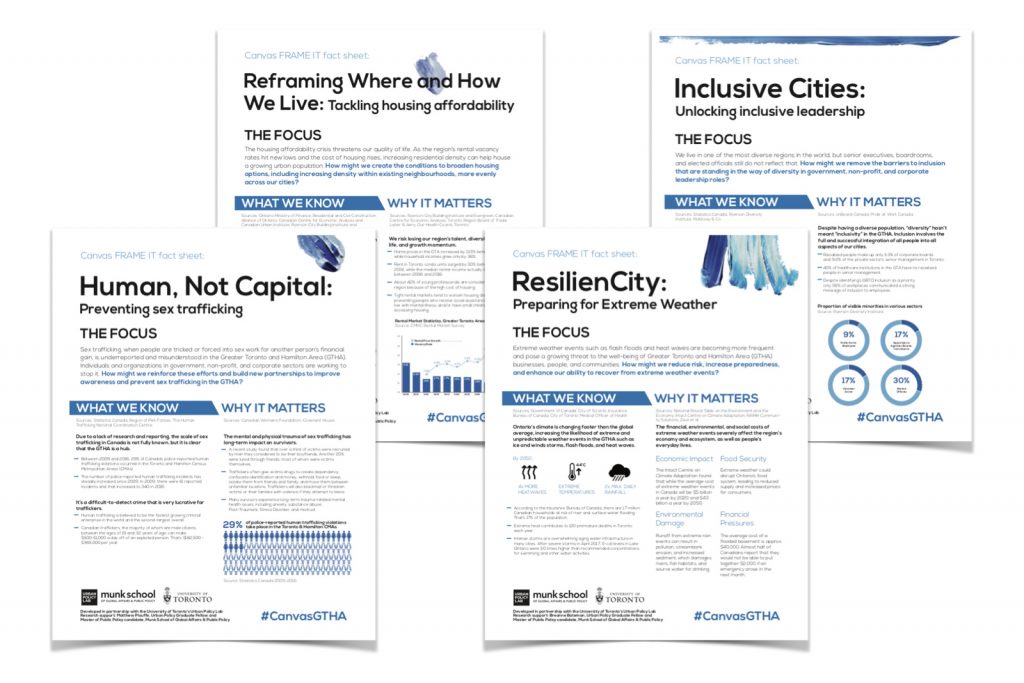
After the opening panel, we dispersed throughout the gallery to attend our issue-focused breakout sessions.
Students from the Urban Policy Lab produced Frame It fact sheets with key statistics to inform these conversations on the future of work, tackling housing affordability, preparing for extreme weather, preventing sex trafficking, and unlocking inclusive leadership.
The sessions featured a variety of discussion models: panels and film screenings; art gallery walks; and interactive brainstorming solutions.
In the “ResilienCity” session, which focused on natural disasters and extreme weather, I was joined at my table by civic leaders from insurance and community health groups. We discussed how to move the needle on climate change and extreme weather behaviour and how to mobilize different industries. It was clear we had varying perspectives on how to address the issue, but our goals were strikingly similar. We strategized how to keep policy makers accountable and how best to use incentives and regulations. A simple example put forward was the use of slightly larger nails to protect roofs better from extreme wind.
In the afternoon, I popped into “Life in the Skills Lane” to discuss the changing nature of work and how to address training in the region with civic leaders from the financial sector. We acknowledged the disparity some industries are facing with respect to retraining and the effects of automation. I also learned the term “durable skills”, those that will be needed for all sectors and including empathy, judgement, and critical thinking. For solutions, we looked to reshaping public tools such as RESPs to promote lifelong learning, EI to better support gig workers, and primary and secondary education to better prepare students not entering post-secondary studies.
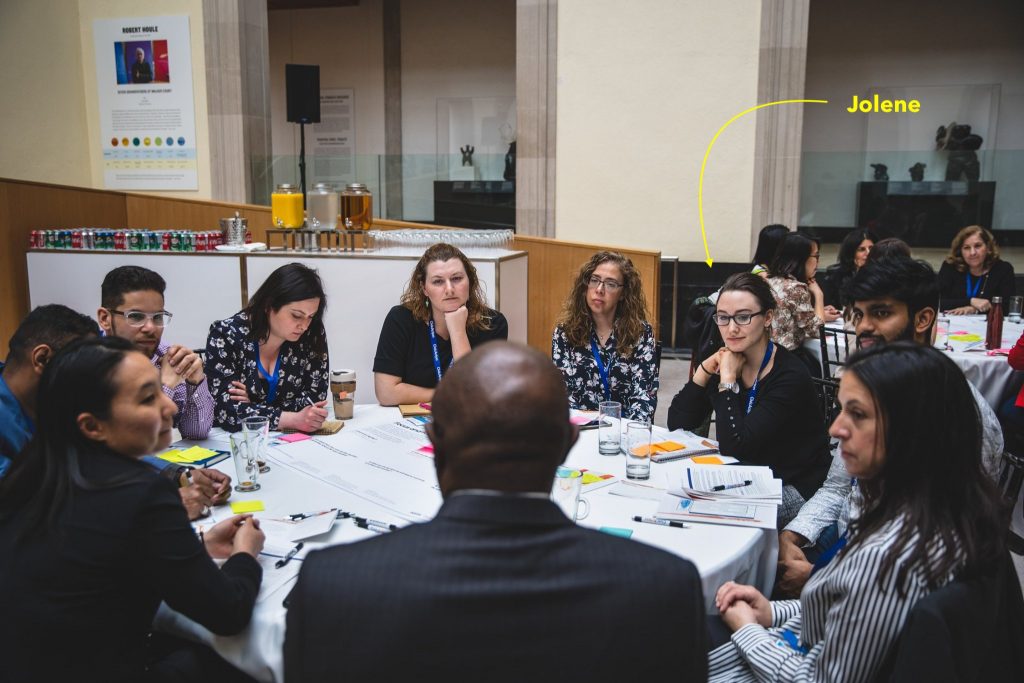
Next, we were treated with a lightning round of questions and answers from City of Toronto Mayor John Tory and Jessie Darling from the Brookfield Institute for Innovation & Entrepreneurship.
The day wrapped up with another panel on how to rebuild trust. Panellists from a range of communications backgrounds explored who has a platform to communicate and how they build trustworthiness with different communities, such asyouth and indigenous groups. They asked us to go beyond diversity and into inclusion and to explore why some people aren’t able to access engagement spaces.
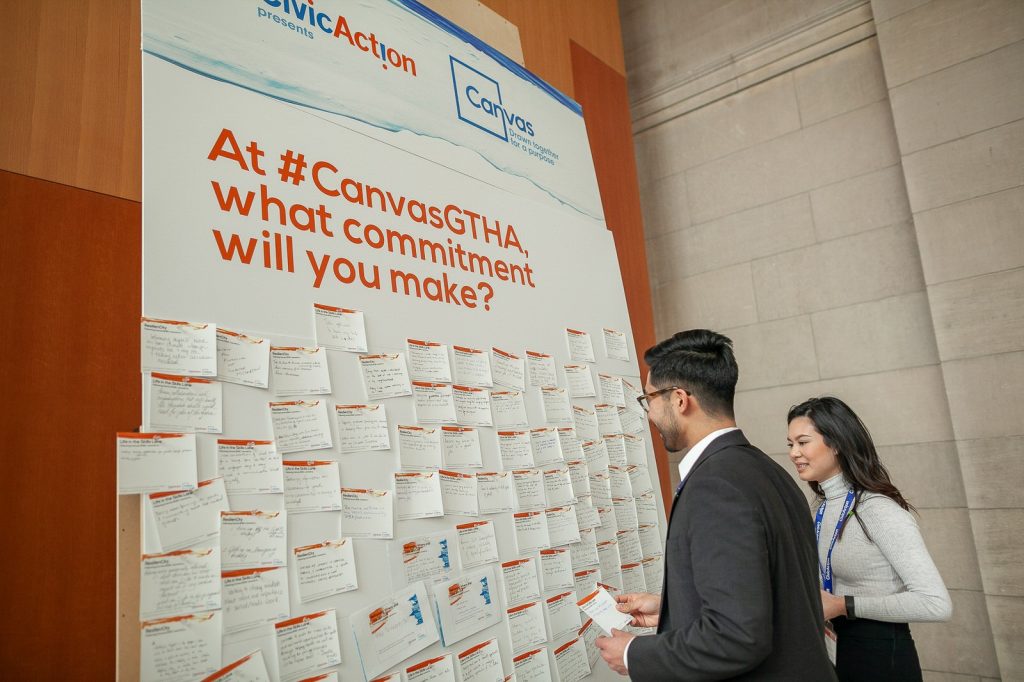
Amongst my takeaways from the event were the commitments I made for each issue which I added to the commitment wall. I appreciated the opportunity to connect with those outside my industry and look at the same issues a little differently. The civic leaders I met were just as passionate as I am about improving the Greater Toronto and Hamilton Area, but each had their own unique interpretation about its challenges.
I look forward to the projects that emerge from these discussions and future opportunities to brainstorm with and learn from the many civic leaders in our region!
